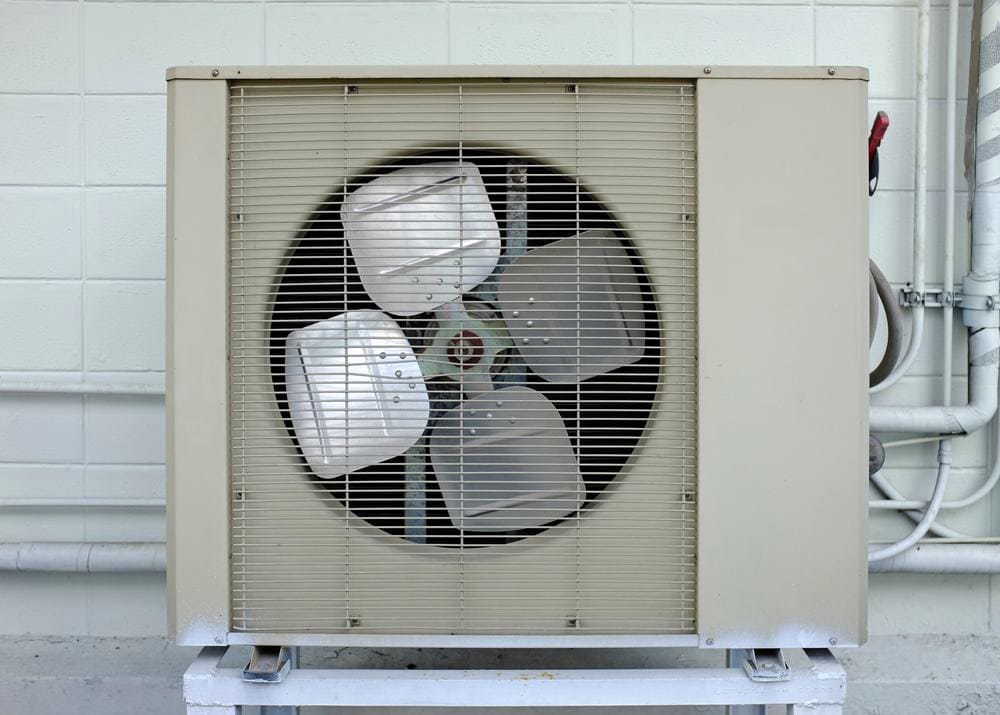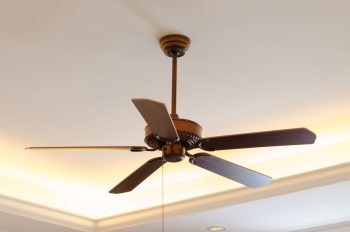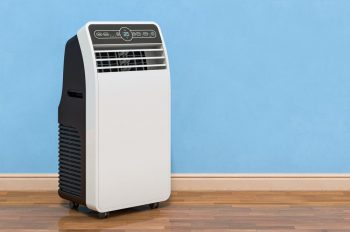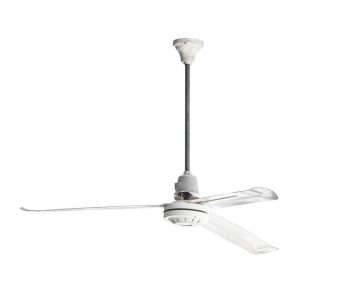
Air conditioners are a staple in most homes, providing much-needed relief on sweltering summer days. However, as the seasons change, many homeowners wonder about the best ways to maintain their units. One often debated question is, “Should you cover your air conditioner?” In this article, we will delve deep into the reasons for and against covering your air conditioner and provide some practical tips if you decide to do so.
Covering your air conditioner can prevent debris from entering the unit and protect it against harsh weather conditions, potentially prolonging its lifespan. However, it’s essential not to cover the entire unit as it can trap moisture, attract pests, and restrict airflow, leading to efficiency and performance issues. If you decide to cover your air conditioner, use a breathable cover and only cover the top of the unit to allow proper airflow and prevent moisture buildup.
The Case for Covering Your Air Conditioner
The main reason to cover an air conditioner is to prevent debris, such as leaves and seeds, from entering the unit, which can create pockets where moisture can collect and potentially cause damage. Covering the top portion of the unit during the fall can help keep debris from getting lodged in the unit, potentially causing problems.
For instance, debris accumulation can lead to clogs and reduce the unit’s efficiency. A cover can also protect the unit from moisture, which can lead to rust, mold, and other issues that can shorten the unit’s lifespan. In areas with harsh weather conditions, such as heavy snowfall or hailstorms, a cover can protect the unit from damage and prolong its life.
The Case Against Covering Your Air Conditioner
However, there are several reasons not to cover an air conditioner. Most manufacturers do not recommend covering the unit, as they are built to withstand outdoor environments and don’t require additional protection.
Covering the entire unit can trap moisture inside, leading to rust and corrosion. It can also attract rodents and other animals seeking shelter, which can cause further damage to the unit. Moreover, covering the air conditioner can restrict airflow, hinder the unit’s efficiency, and potentially lead to performance issues and higher energy consumption.
The Right Way to Cover an Air Conditioner
If you decide to cover your air conditioner, it’s crucial to do it correctly. Opt for a cover made of breathable and porous fabric, such as mesh, to allow air circulation and prevent moisture buildup. Cover only the top of the unit to protect it from falling debris, such as leaves, twigs, and icicles. Leave the sides of the unit uncovered to allow proper airflow and prevent moisture buildup.
Top Air Conditioner Covers Recommended by Experts
If you’re in the market for an air conditioner cover, consider options like the Joiish Air Conditioner Cover with Waterproof Top, Khomo Gear Heavy-Duty Air Conditioning Cover, or the Covermates Air Conditioner Cover. These covers are designed with durability and functionality in mind, ensuring your unit stays protected without compromising its efficiency.
Where to Buy Air Conditioner Covers
You can purchase air conditioner covers from various online and in-store sources, including Home Depot, Lowe’s, Amazon, Wayfair, Aircover Squad, Walmart, Ace Hardware, and eBay. Always check the dimensions and compatibility of the cover with your air conditioner before purchasing.
Conclusion
In conclusion, while covering an air conditioner can help prevent debris from entering the unit, it can also cause issues related to trapped moisture, mold growth, and attracting pests. It is generally not recommended to cover the entire unit, but covering only the top portion during the fall season can be beneficial. Regular maintenance and care are essential to keep the unit in good working condition, regardless of whether you decide to use a cover.
By understanding the pros and cons of covering your air conditioner and following the right practices, you can ensure your unit stays in top shape for years to come.
Frequently Asked Questions
What is the best season to cover my air conditioner?
The best time to cover your air conditioner is during the fall season when the risk of debris, like leaves and seeds, entering the unit is high.
Can I use any fabric to cover my air conditioner?
No, it’s recommended to use a breathable and porous fabric, such as mesh, to allow air circulation and prevent moisture buildup.
How often should I check and clean my covered air conditioner?
It’s advisable to check and clean your air conditioner at least once a month, especially during seasons when it’s covered. This helps to prevent any debris accumulation and checks for any signs of moisture or pests.
Can I use a plastic sheet to cover my air conditioner?
Although a plastic sheet can protect your air conditioner from debris, it can trap moisture inside and lead to rust and corrosion. Therefore, it’s not recommended.
Will covering my air conditioner save on energy costs?
Not necessarily. While a cover can protect the unit from debris and damage, it doesn’t directly contribute to energy efficiency. Regular maintenance and proper use are more effective ways to save on energy costs.












